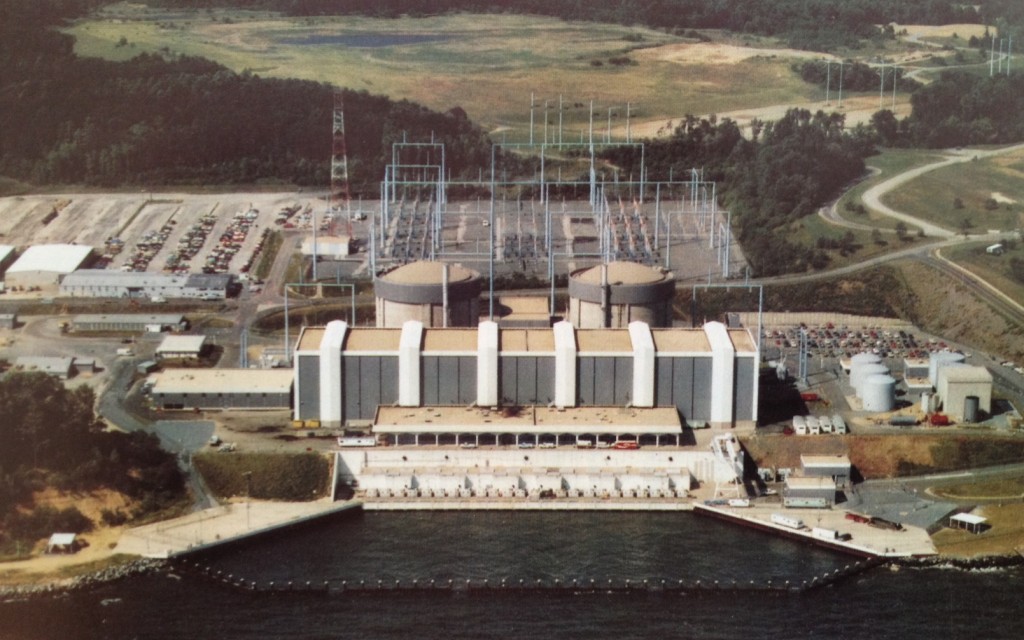Research Reactor License Renewal Challenges
The process for renewing research and test reactor (RTR) licenses in the United States has been subject to lengthy delays and periodic backlogs since the early 1980s. Despite the apparent time invested in improvement efforts, the process does not seem to be getting better very fast. The difficulty, schedule uncertainty, and cost of renewing research reactor licenses adds to the burden of owning and operating research reactors. The scale of the challenge may contribute to regrettable institutional decisions that maintaining operable facilities is not worth the trouble.


 The 218th Nuclear Energy Blog Carnival has been posted at Yes Vermont Yankee. You can
The 218th Nuclear Energy Blog Carnival has been posted at Yes Vermont Yankee. You can  With cap-and-trade and carbon tax proposals going nowhere in congress, the Obama administration is tackling the global warming issue through the administrative branch, using U.S. Environmental Protection Agency regulations. In the transport sector, the administration promulgated
With cap-and-trade and carbon tax proposals going nowhere in congress, the Obama administration is tackling the global warming issue through the administrative branch, using U.S. Environmental Protection Agency regulations. In the transport sector, the administration promulgated 
